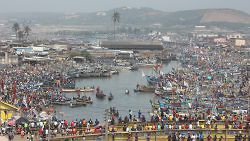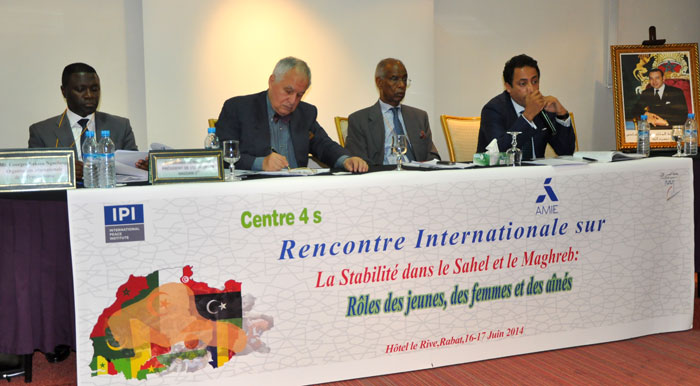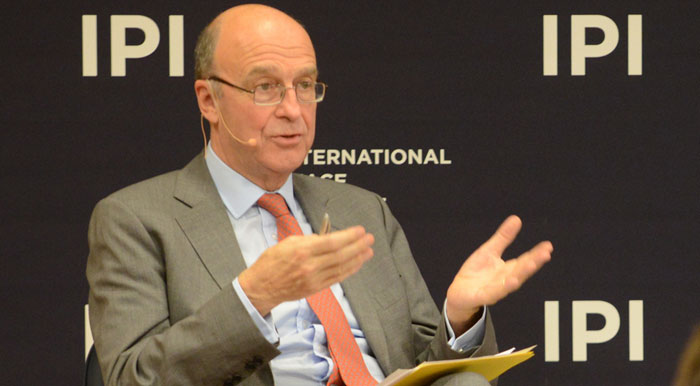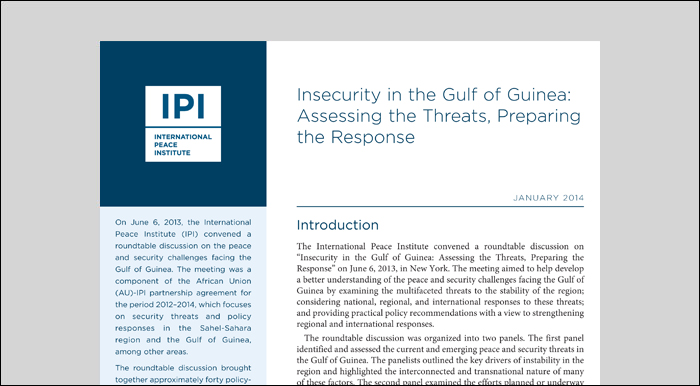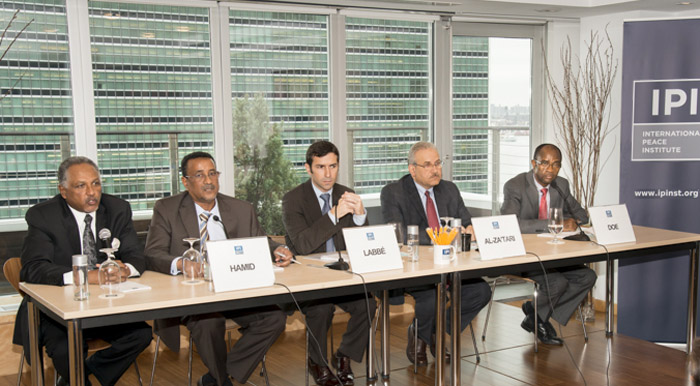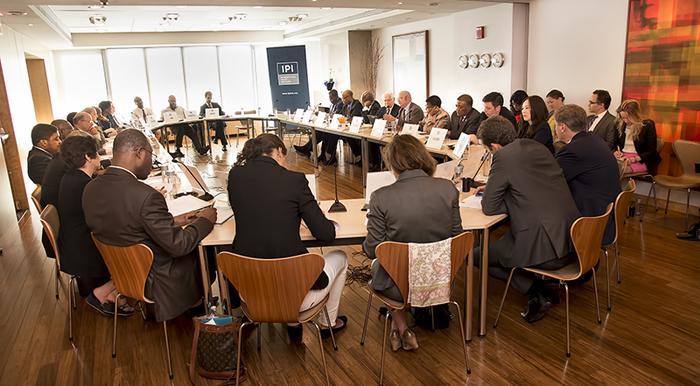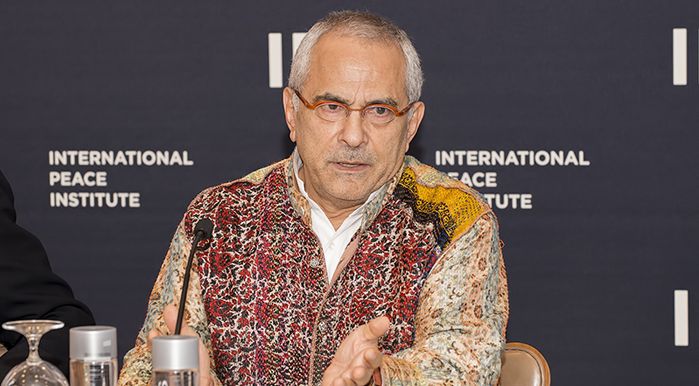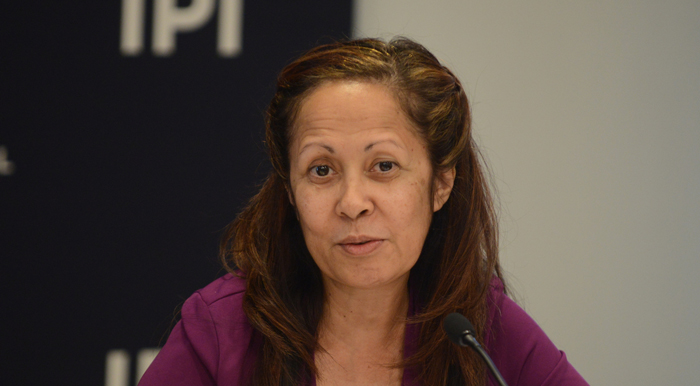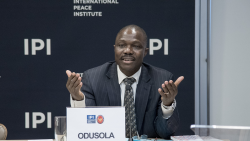
Ayodele Odusola, UNDP’s Chief Economist for Africa, made this observation at an IPI policy forum, co-sponsored by the Permanent Mission of the Kingdom of Thailand to the United Nations, on March 15th, 2017 on “Peace and the Gender Gap: Women’s Economic Empowerment in Fragile Communities.”“Africa loses $95 billion a year by not fully engaging women […]
Read more
